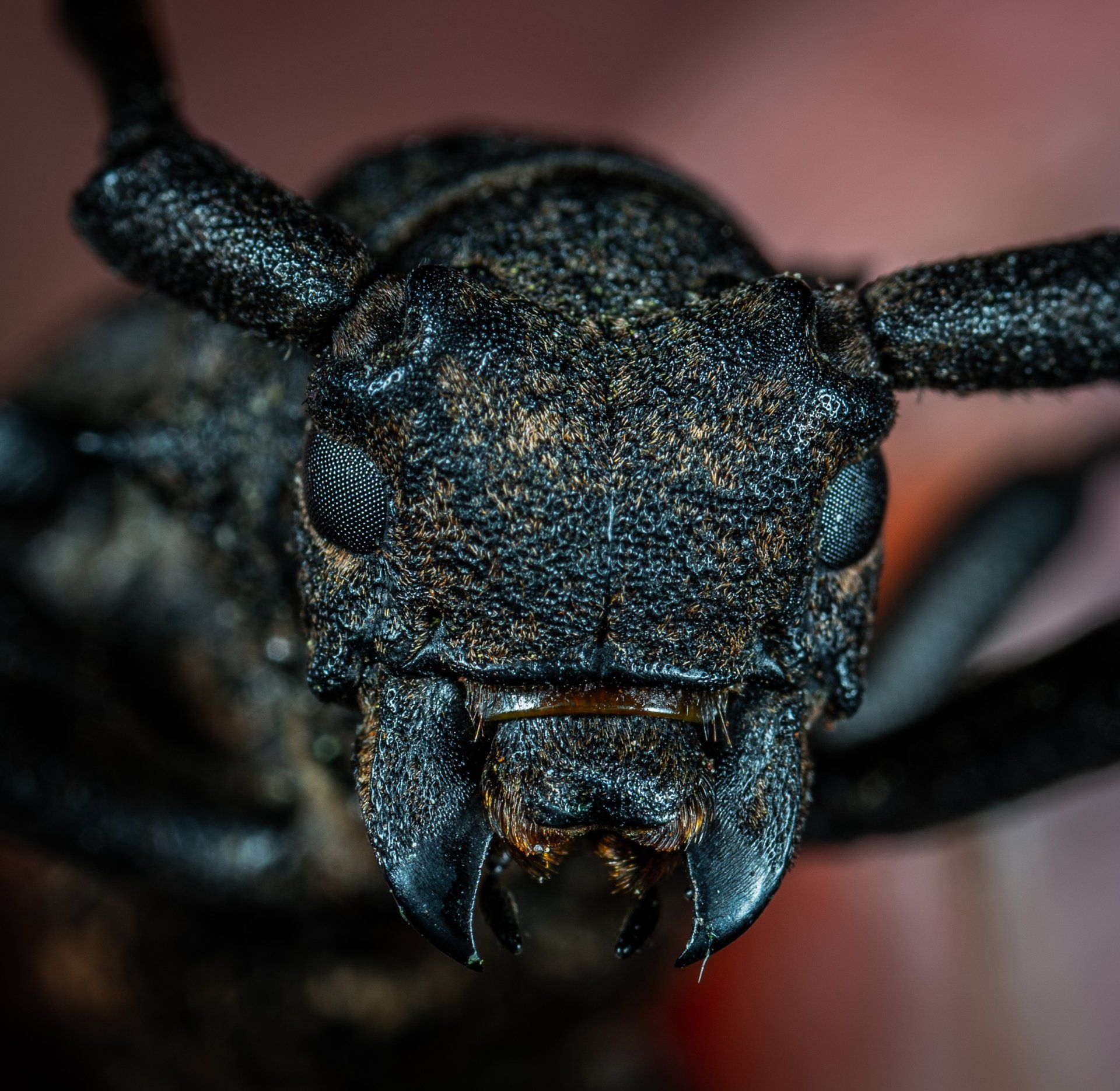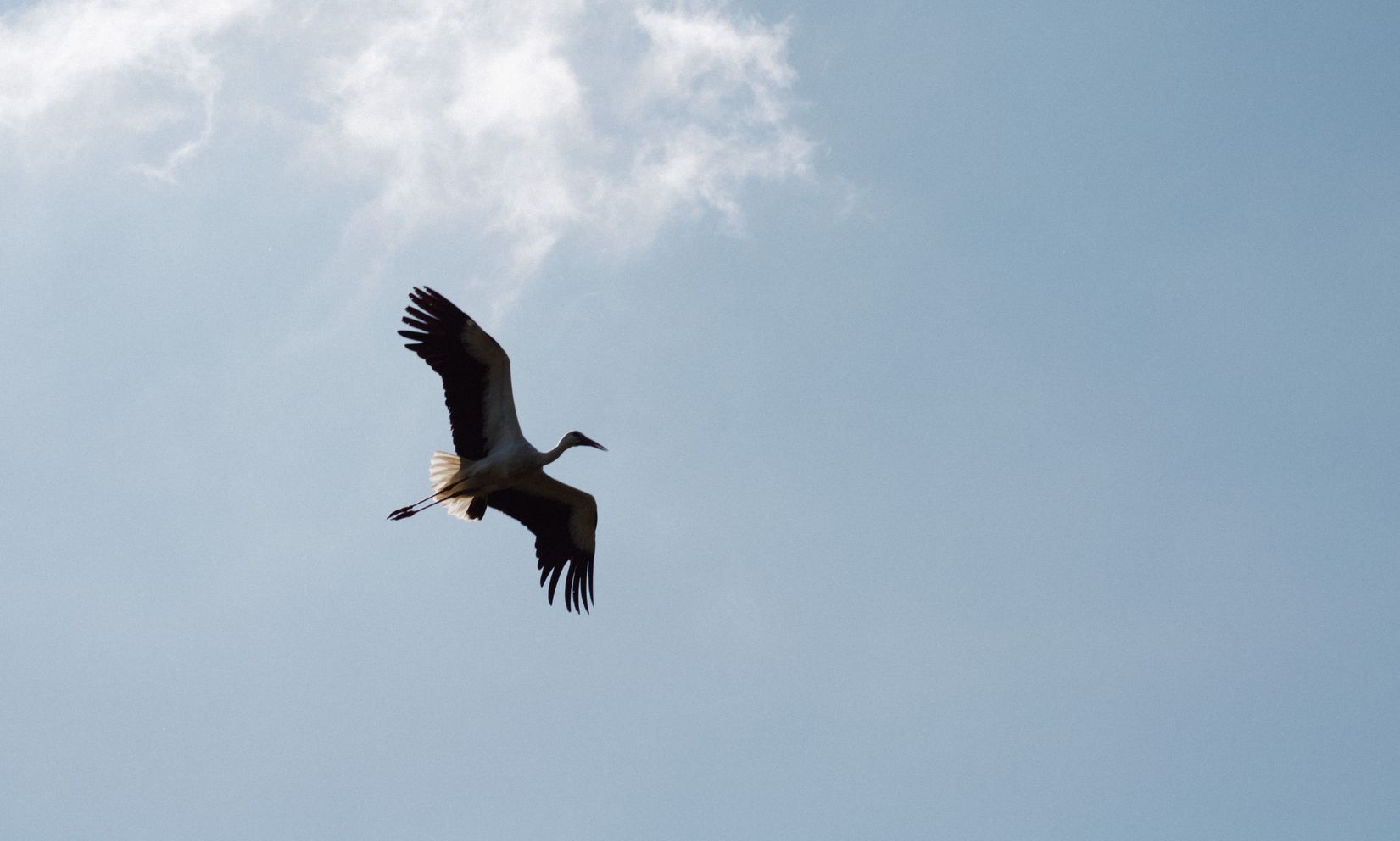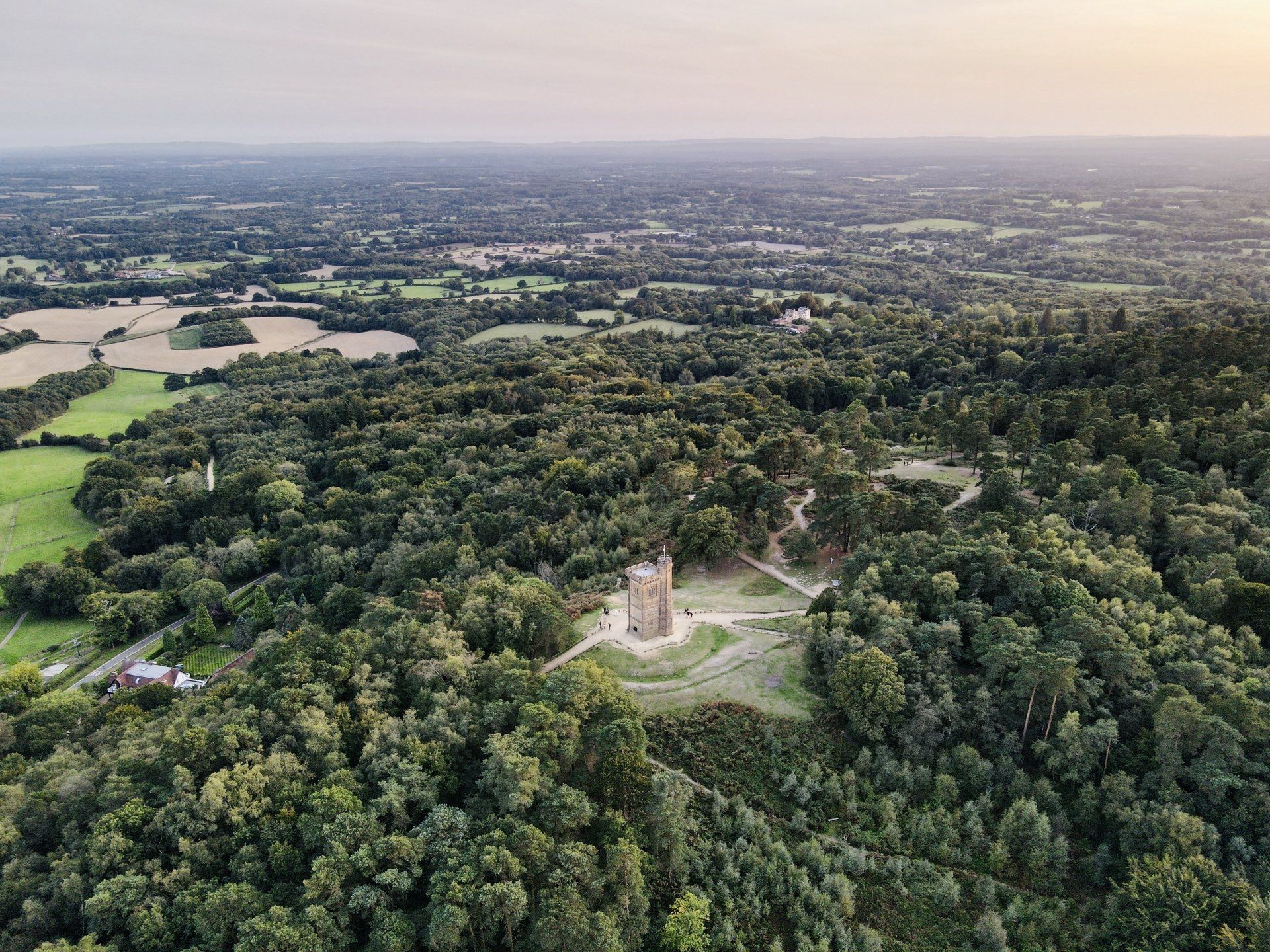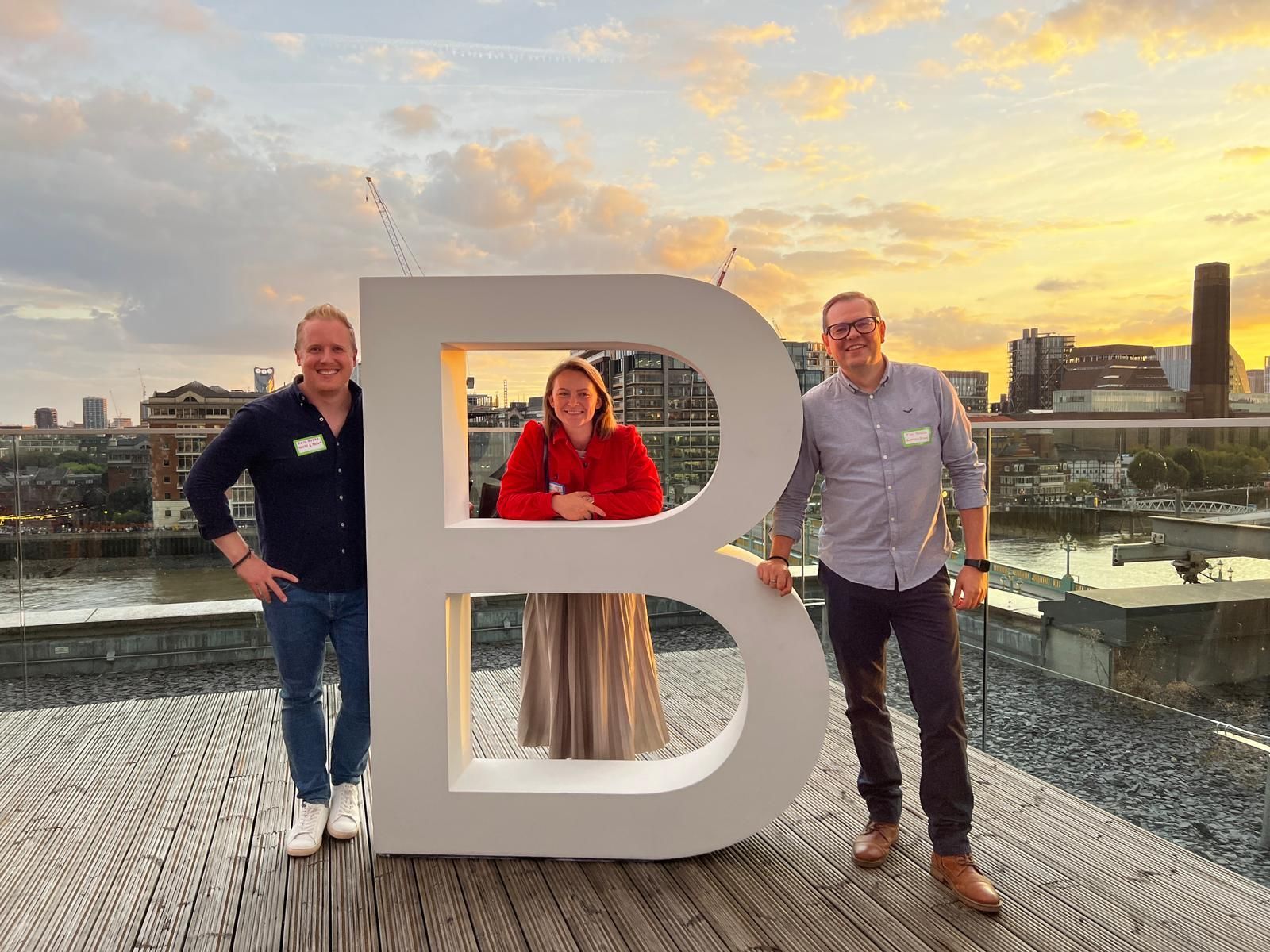Eating insects: Halloween horror story or the answer to our fears?
Post #4 of our Climate & Nature Horror Stories
Speaking at a recent fringe event for the Conservative Party Conference, Steve Baker, former Brexit minister and chair of the Covid Recovery Group, said the Government’s 2050 target for net zero emissions would leave us all ‘poorer, colder and eating insects for protein.’
It feels like people have been muttering about, or mocking the idea of, us all eating grubs for some time now, although I doubt many of us have spotted any caterpillars nestled amongst the chorizo in our local supermarket. So will our Halloween gummy worms and spider jellies soon be replaced by an authentic version, or is it all just a ghoulish idea for climate sceptics to scoff at?
One thing that’s undeniable is the future of our food security is a horror story waiting to happen and something needs to be done.
By the year 2050, the global population is projected to have reached nine billion people, with a demand for protein rising sharply as economies grow. This increased demand is untenable for our planet. The strain placed upon the environment by current animal farming practices is enormous: agriculture emits more greenhouse gases than planes, trains and cars combined; pollutes vast swathes of water from animal waste and antibiotics; and is one of the leading causes of deforestation. Mind-blowingly, an estimated 60% of mammals on the planet are farmed, with just 4% wild and humans making up the other 36%.
While a more plant-based diet is undeniably necessary – current estimates suggest we will need to cut our meat intake by 30% in the next 10 years to meet carbon emission targets – will we be relying on untapped sources of protein in the form of creepy crawlies before long?
Insects are certainly an elegant solution to the dire predictions for the future of our food security. Because they are cold-blooded, they are 12-25 x more efficient at converting their food into protein than mammals – they need 6 x less feed than cattle and 4 x less than sheep to produce an equivalent amount of protein. Eating insects also produces a lot less food waste: whereas we only eat a fraction of most farmed animals – leaving much of the skeleton, skin and other organs to waste – with insects, you eat the whole thing. Finally, they can contribute neatly to a circular economy: not only can they live off agricultural waste like stems and stalks of plants or scraps of food, but their excrement can also be used as a fertiliser for crops.

For around 2 billion people this is nothing new, in countries like Malawi, Japan and Thailand, certain insects have featured as menu delicacies for thousands of years. But for many of us, insects are pretty disgusting at the best of times and the concept of eating them is beyond comprehension.
Insects are frequently found near waste, and are generally associated with dirt, decay and disease. However, more often than not, humans find the concept of eating animals repulsive – we only eat a tiny fraction of the world’s species and have bizarre hierarchies when it comes to what we will and won’t eat that has little to do with hygiene or practicality. In developed countries we are so sanitised from the reality of what we eat, that any reminder can come as a bit of a shock.
But some of our ‘natural’ repugnance when it comes to insects is well-founded. They're not all safe to eat: wild insects may be covered in pesticides or other contaminants; certain species have a much higher tolerance for heavy metals such as arsenic, cadmium and lead, that can be poisonous to mammals when digested; and insects fed on food scraps may be contaminated with fungus which produces nasty toxins, or disease-causing bacteria such as salmonella.
It’s perhaps fortunate then that legislators are taking a cautious approach to insect farming and produce. Insects are subject to the Novel Food Regulation, which applies to any edible substance now ‘used for human consumption to a significant degree’ before the enaction of the Law in 1997.
However, momentum is growing. A recent BBC Future article states that by 2027 the edible insect market is projected to reach £3.36 billion, and approval has been given by the European Food Safety Authority for certain insects to go to market. The same article goes onto explore how concepts of food develop over time, using the example of lobster, which has transformed from ‘a highly undesirable food often served in prisons… to a luxury.’
So perhaps we should all be less sceptical? Maybe it won’t be long until surf and turf is replaced by surf and… earth?
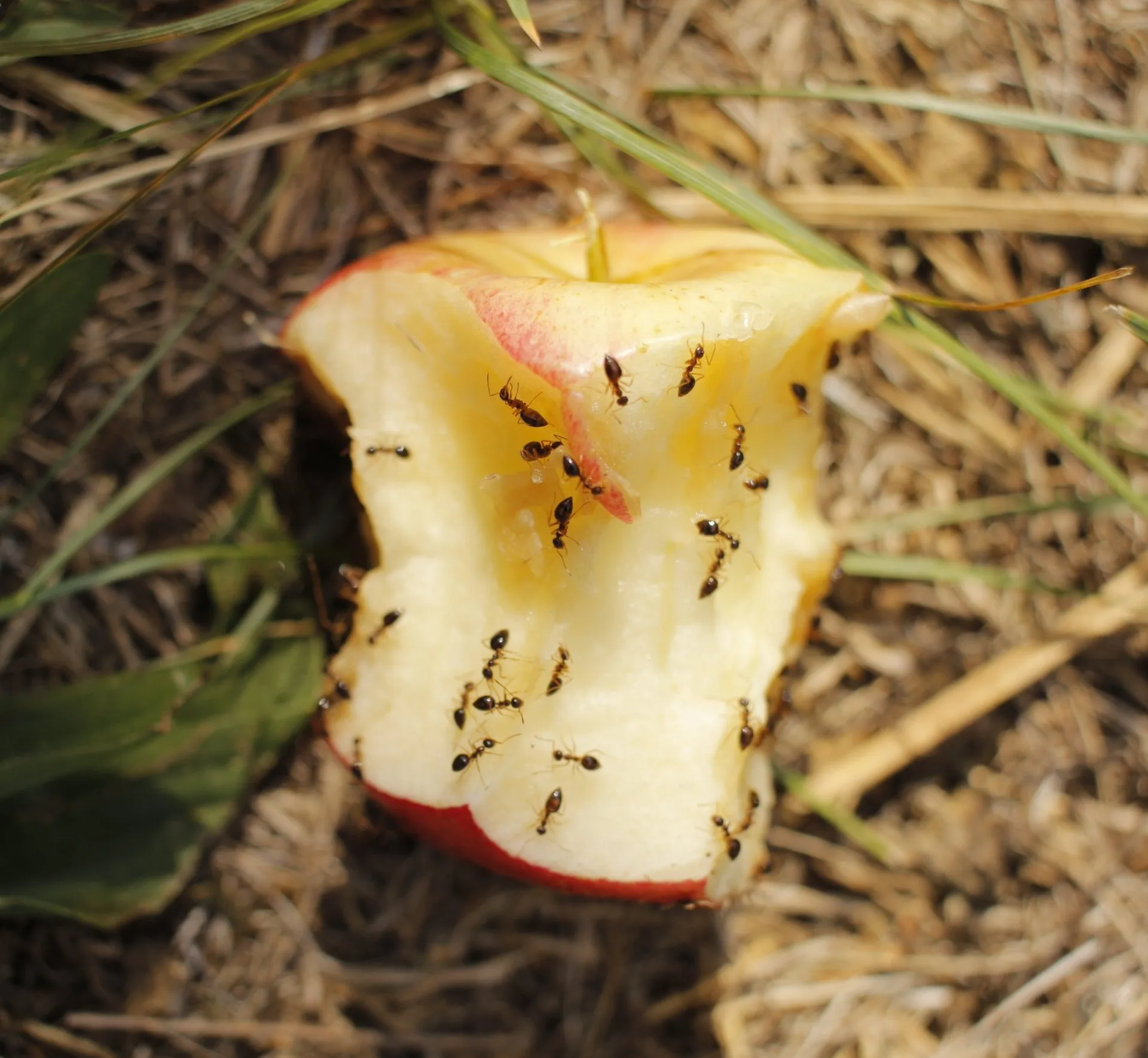
To get into the true spirit of Halloween, why not give one of the following a try?
- Our pets eat around one fifth of the world’s meat and fish production, making the pet food sector the 60th biggest CO2e emitter on the planet! So why not try feeding your furry friend insect-based treats instead? At Avery and Brown, we’ve been testing our Chief Mischief Makers on Bug Bake’s cold-pressed treats made from sustainable insect protein, which made a real buzz in the office.
- If you don’t want to feel left out while your dog has all the fun, you could try some recipes using insect-based flours. You can purchase things like Natural Cricket Protein to mix into brownies, or smoothies, and you can even buy Cricket Protein Pasta!
- If you want to go the whole honey bug, and turn your jelly worms into real ones this Halloween, then why not give Eat Grub’s edible insect starter pack a go?
Let us know what you think!
References and further reading:
- BBC Future ‘A neglected protein-rich superfood’
- BBC Future ‘Could insects be the wonder food of the future?’
- The Guardian ‘The future of food is insects’
- Vox ‘The biggest problem with insects’
- Greenpeace, ‘The impact of meat and dairy’
Share the love





